Where are the tools is the most frequent question in the first weeks here in the Novitiate.
For the new entries the orientation in the house is the first big challenge. To face it we need some tools, which are useful for the work that is needed to do.
It is the same experience that we live in becoming familiar, even and especially in spiritual life, with the way of proceeding of Company of Jesus. Which are the tools to grow?
Whether it is a garden or a person, they are in the relationship, with yourself, with others and with God, and you learn to live this relationship in everyday life.
Where are the tools?
Everything in its own time, like for the time for pruning you need scissors, to clean the garden from leaves the broom, to hoe the ground the hoe, as for the diverse moment of the day there are different manners and ways to “live” a relationship. It’s the life that you go through in the community, that you try to live in the most appropriate manner possible to the way of proceeding of the Company, as the ignatian sources, the constitutions and the recommendations of the general congregation teach us, under the direction of our superiors.
All in good time, at each time of the day his sense and his work.
And how do you use it?
We must look at each other, share experiences, see how the community moves to discern what is the orientation of our life.
Ask and give your availability.
Asking teaches to understand the possibilities offered by the other and the need to reach out to him to grow-up. Give your availability in a listening without judgment, careful to receive, in the disposition to welcome, learning how make space and understanding the things that really are worth. “Having dismissed all judgment, we must keep our minds ready and willing” as St. Ignatius says in the Spiritual exercises.
But there are different tools, although similar ones, what can I use them for and when?
Everything has a time, sometimes the rush to understand can be a bad counselor, curiosity brings fruit if shared freely and the answers can be various: from understanding to suspension. It is not always necessary to have everything clear if you don’t have the strength or the experience to use a certain instrument.
In this way for example we prepare ourselves for the month of Ignatian Exercises , you can be interested, you can ask, but then there are things that must be lived, and the suspension helps to include also the desire that you have of that thing … “Not so much to know sated, but to feel and taste things internally”, to experience them as St. Ignatius says.
And then once done?
Review the effort made, see the work done, repeat it if necessary to deepen it.
Thus a form of gratitude born for the time received that gives energy and strengthens for the new effort that comes with the new day. And at the same time experience is accumulated, which helps to sharpen the gaze, to be more receptive and to growup in “discernment”.
And then where do I put them?
Everything in its place.
The great art of discernment serves precisely to learn to put in order, in the inner life as into the external life.
In fact, as cardinal Martini said: “Without our realizing it, life is disturbed, fragmented, worn out. So it need to put back in order the pieces of our time, of our body, of our heart. We all need it, and we all have to do it, not just once in a lifetime, but every day”.
Just as it is done in everyday life, once everything is tidied up, you discover that there is always a new job to be done and then you have to go back to the tools, and then put them back, with a wealth of experience always renewed.
Filippo Carlomagno, novice of second year
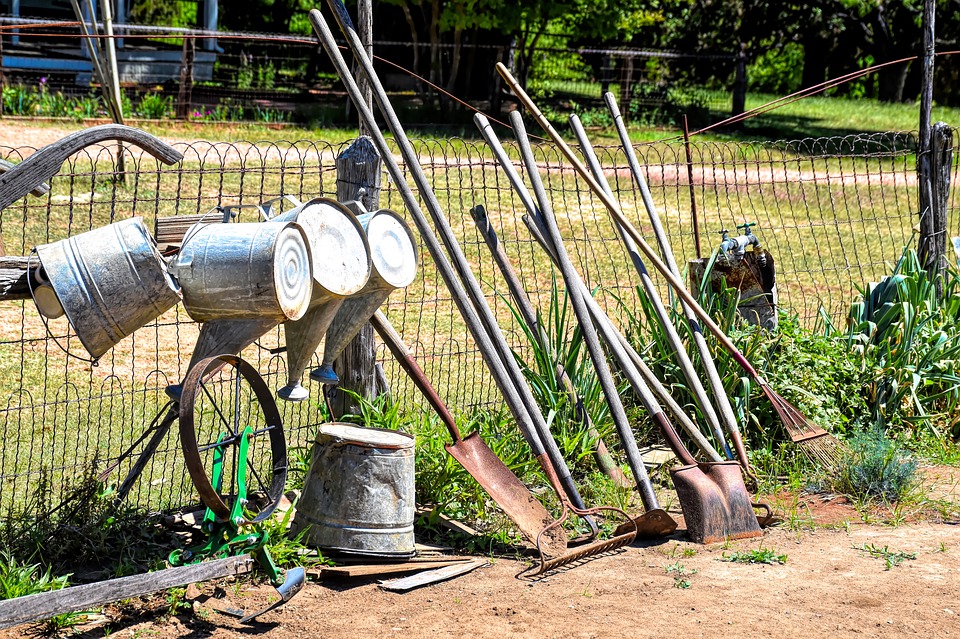
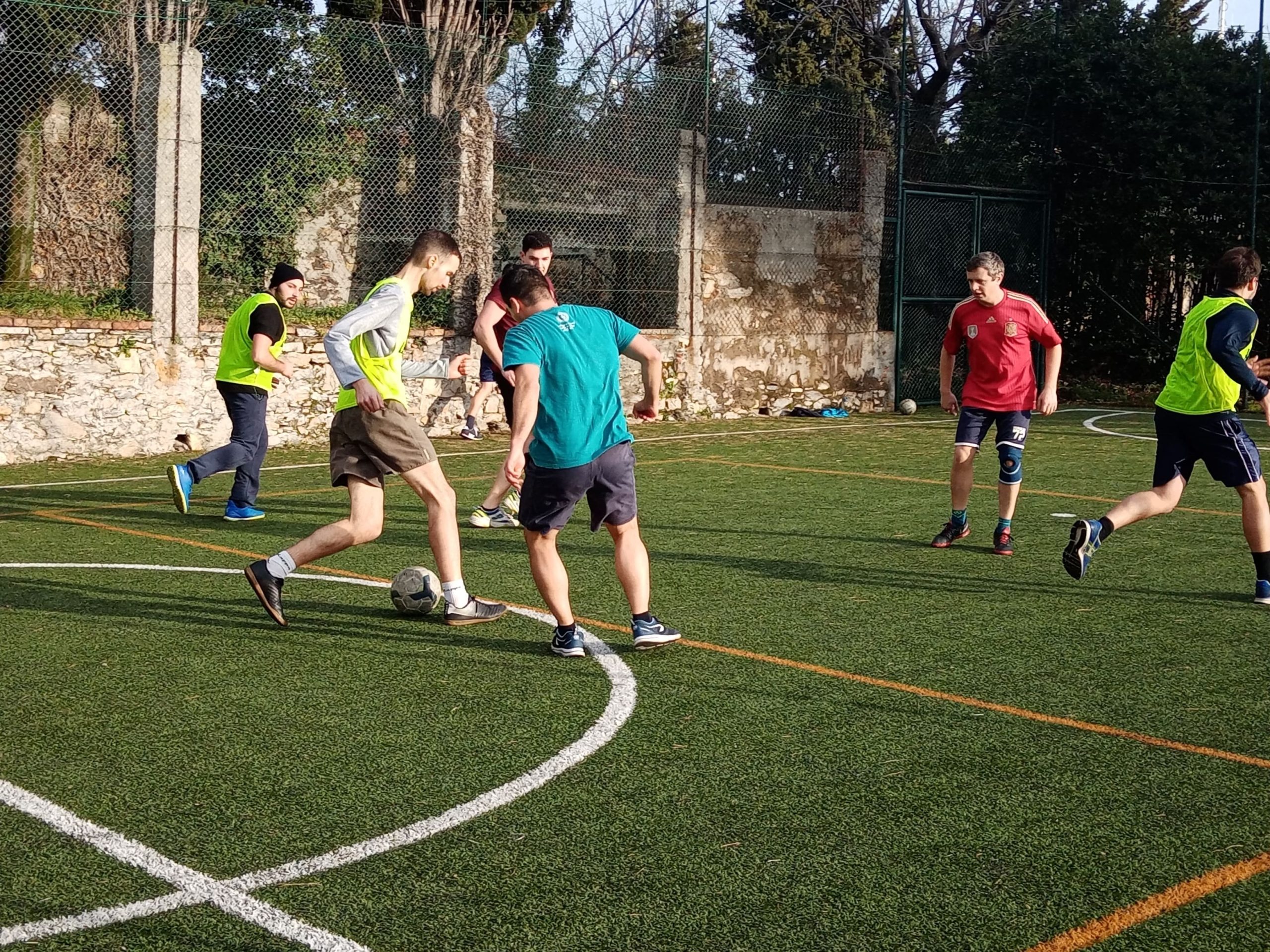
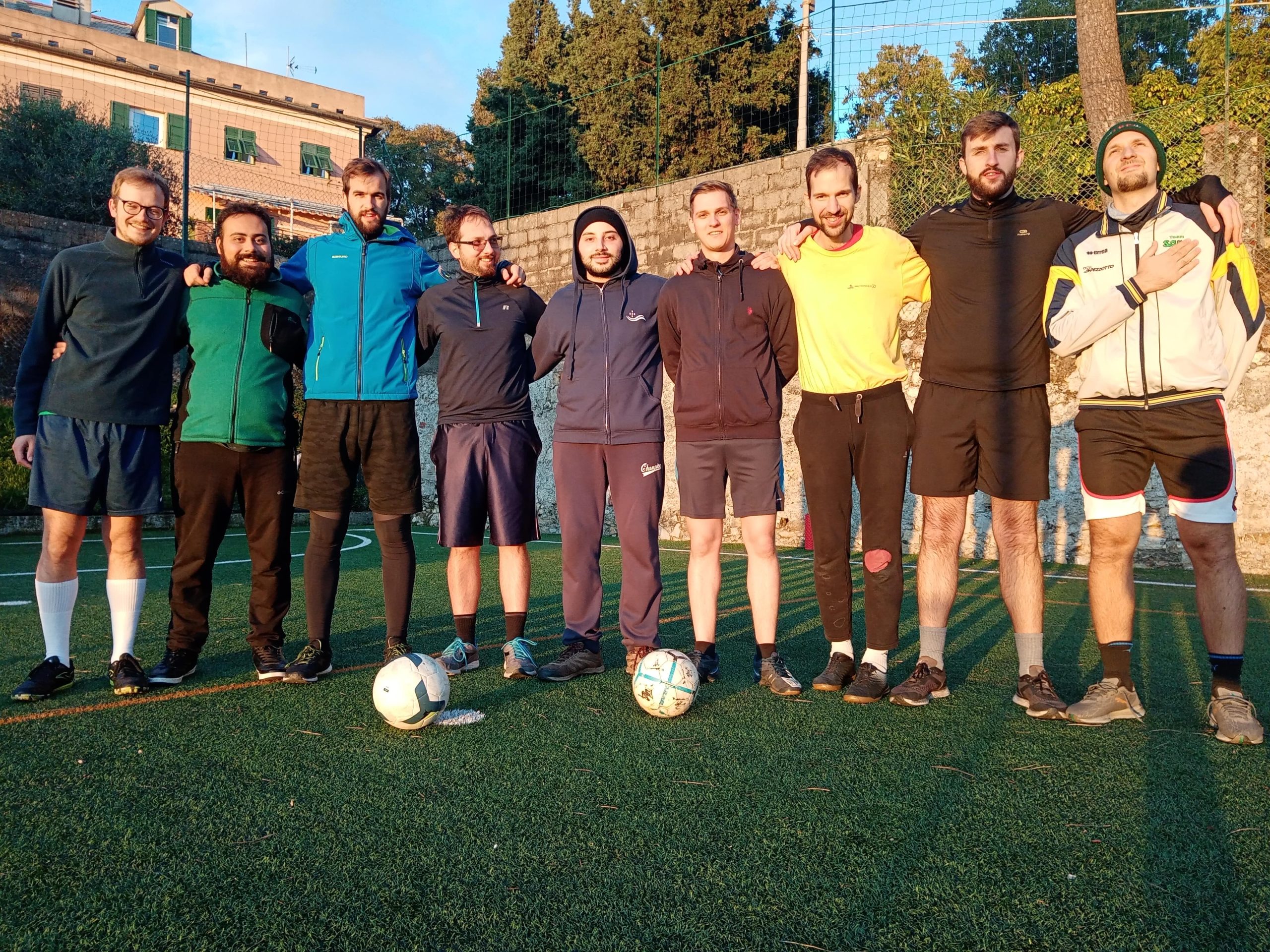


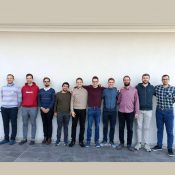







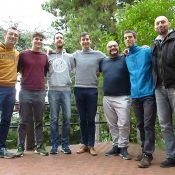


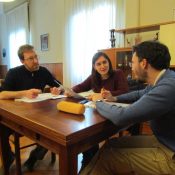
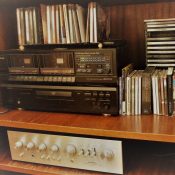




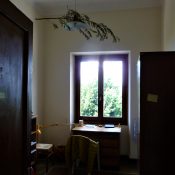


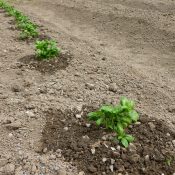
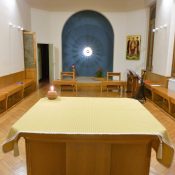


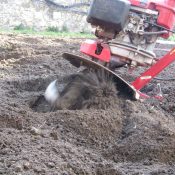





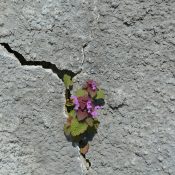













Comments